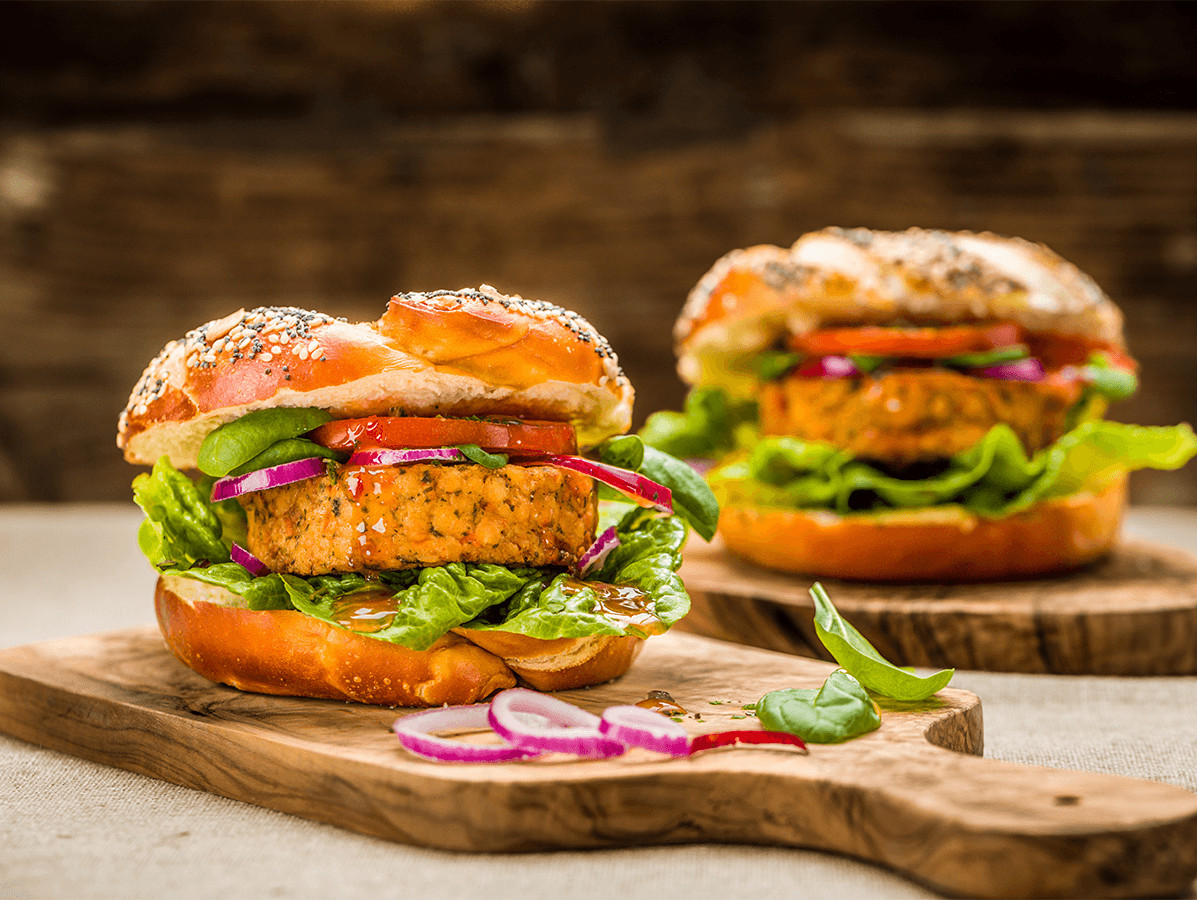
The level of meat consumption continues to decline. One in three Dutch people (35%) say they eat less meat now than they did 12 months ago. Familiarity with meat substitutes remains extremely high, with 94% of the Dutch population being familiar with the term. The number of Dutch people that eat meat or fish on a daily basis has shown a downward trend over the past few years. For example, 44% currently eat meat or fish on a daily basis, compared to 55% in 2019, as shown in a study by Markteffect.
The implementation of meat substitutes in the diet is becoming more common. For example, 36% of the Dutch eat meat substitutes on average one or more times a week. Among flexitarians, the percentage that eats meat substitutes weekly or more often is no less than 56%.
Of the people who do eat meat substitutes, 46% think they are innovative, 40% think they are good for the environment and 32% think they taste good. Meat substitutes are particularly popular among young people aged 18 to 34, 43% of whom say they are tasty compared to 24% of people over 55.
More than half of the Dutch population (55%) is familiar with National Meat & Dairy Free Week. Familiarity is highest among young people: 66% of them are familiar with it compared to 44% of the people over 55. One in ten Dutch people (9%) indicate that they will participate in the National Meat & Dairy Free Week. During this week, 97% of them will not consume meat and 30% will avoid dairy products.
It is expected that the participation in the National Meat & Dairy Free Week in 2023 will be twice as high as in 2022. One in five (20%) say they are (very) likely to participate next year.
The survey was conducted by independent research agency Markteffect during the National Meat & Dairy Free Week (March 7-13) among a representative group of 1,008 Dutch respondents.
Source: Markteffect